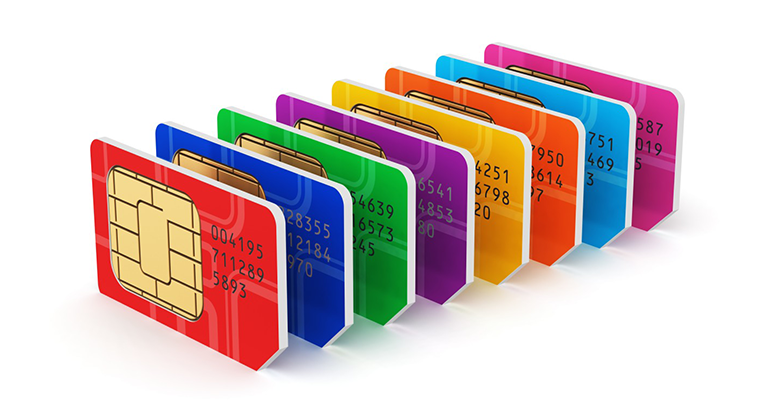In the digital age, where communication plays a vital role in our daily lives, ensuring the security of our mobile devices is paramount. One crucial aspect of mobile security is SIM registration. But what exactly is SIM registration, and why is it necessary, especially in a country like the Philippines?
What is SIM Registration?
SIM registration involves linking a mobile phone number to the identity of the user. This process typically requires providing personal information such as name, address, and identification documents to the telecommunication service provider.
The Importance of SIM Registration
Security Reasons: One of the primary reasons for SIM registration is to enhance security. By linking a SIM card to an individual, authorities can track down users in case of illegal activities, such as terrorism, fraud, or harassment.
Legal Compliance: SIM registration is also a legal requirement in many countries, including the Philippines. Regulatory bodies impose this mandate to ensure accountability and traceability of mobile phone users.
SIM Registration Process in the Philippines
In the Philippines, SIM registration involves presenting valid identification documents, such as a passport or driver’s license, to the service provider. The process typically requires filling out a registration form and providing biometric data, such as fingerprints or facial recognition.
Benefits of SIM Registration
Personal Safety: By registering your SIM card, you enhance your personal safety. In case of emergencies, authorities can quickly identify and locate you through your mobile phone number.
Reducing Criminal Activities: SIM registration helps in curbing criminal activities, including identity theft, scamming, and illegal use of mobile services. It serves as a deterrent for individuals engaging in unlawful practices.
Regulation of Telecommunications Industry: globe sim registration contributes to the regulation of the telecommunications industry by ensuring transparency and accountability among service providers and users.
Impact of Unregistered SIM Cards
Risks and Challenges: Unregistered SIM cards pose significant risks to national security and public safety. They can be easily used by criminals and terrorists to carry out illicit activities while remaining anonymous.
Examples of Misuse: Instances of unregistered SIM cards being used in criminal activities, such as extortion, drug trafficking, and kidnapping, highlight the urgency of implementing strict registration measures.
Government Regulations on SIM Registration
The Philippine government has implemented various laws and regulations to enforce SIM registration. The National Telecommunications Commission (NTC) oversees compliance with these regulations and imposes penalties on violators.
SIM Registration and Privacy Concerns
Balancing Security and Privacy: While SIM registration enhances security, it also raises concerns about privacy infringement. Striking a balance between security measures and individual privacy rights is essential in crafting effective registration policies.
Data Protection Measures: Telecommunication service providers are required to implement robust data protection measures to safeguard the personal information collected during SIM registration. This includes encryption, access controls, and regular audits.
How to Register Your SIM Card
To register your SIM card in the Philippines, follow these steps:
- Visit your nearest service provider’s outlet or GlobeOne app
- Fill out the registration form with accurate information.
- Present valid identification documents.
- Provide biometric data as required.
- Wait for confirmation of registration.
Ensure to keep your registration details secure and update them promptly in case of any changes.
Frequently Asked Questions (FAQs)
- Is SIM registration mandatory in the Philippines? Yes, SIM registration is a legal requirement mandated by the government.
- What happens if I don’t register my SIM card? Failure to register your SIM card may result in deactivation or suspension of services.
- Can I register someone else’s SIM card on their behalf? No, SIM registration must be done in person with valid identification documents.
- How often do I need to update my SIM registration details? You should update your SIM registration details whenever there are changes in your personal information.
- Are there any fees for SIM registration? Most service providers offer SIM registration for free, but additional charges may apply for certain services or updates.
Conclusion
In conclusion, SIM registration is not just a regulatory requirement but a crucial step towards ensuring personal safety, national security, and the responsible use of telecommunications services. By complying with registration procedures and staying vigilant against misuse, we can contribute to a safer and more secure digital environment for all.
See also: The Impact of the Paul Mackoul MD Lawsuit Women’s Health Care















